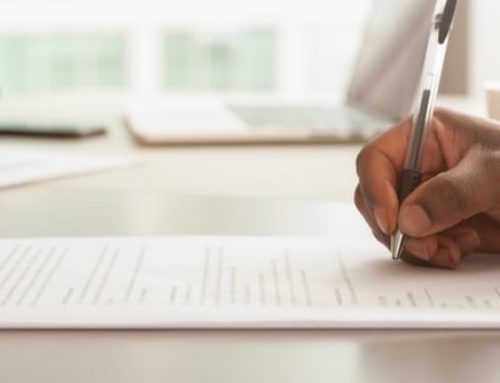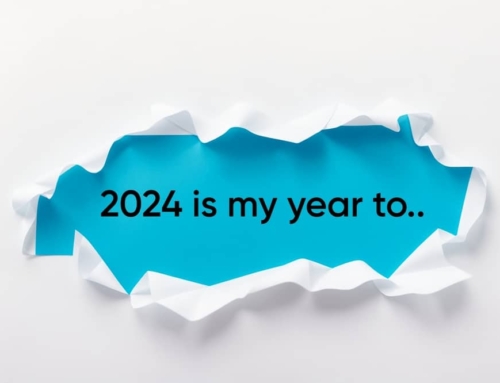Q: I am trying to sell my other house in Atlanta. It is paid off, so I have no mortgage hanging over my head. However, I do have a mortgage on my new property. When I sell my former residence, I’ll pay off the new mortgage.
I have had interest in the property for the past six months, but my agent informed me the other day that a buyer is floating the idea of a lease/purchase of the house. What is your opinion/advice on a lease/purchase of a home? Is this something I should consider? Thanks in advance.
A: In this type of market, there are some reasons why you might consider doing a lease/purchase, also known as a lease with an option to buy.
Here’s how it works: Typically you and the buyer will agree on a purchase price and a monthly rental fee for the lease. The buyer will pay a non-refundable option fee to purchase the property at the agreed-upon amount. You may agree to credit a portion of the rent and the non-refundable option fee toward an eventual down payment (buyers who don’t have a down payment often do a lease/purchase).
The financial terms are negotiable and you need to make sure that you know more about the person that will be living in your home than if you were just selling them the home.
When you typically sell a home, the sale is completed within 2 months of signing the contract. But when you lease the home, your arrangement could last a year or longer. You might want to know more about the buyer’s credit history, obtain references or get to know the buyer better before signing a lease/purchase.
For example, you wouldn’t want to rent the home out to someone who will fail to take care of it. You’ll want to be sure to have enough of a security deposit so that the buyer has an incentive to keep the home in good shape. You’ll want to make sure the buyer has insurance for his belongings and liability insurance in case there is an accident at the home. And you’ll want to make sure the buyer has enough income to pay the monthly lease payments until the he decides to buy the home or until the end of the lease term.
What you don’t want is a tenant who ends up keeping your home off the market, never buys the home and leaves the home in worse shape than it was in when you gave him the keys.
At the end of the lease term, typically a year, the buyer will tell you whether he is ready to pick up the option and purchase the house or if he prefers to pay another non-refundable option fee and continue to rent. The buyer might also tell you that he doesn’t like the property or can’t afford to buy it and is walking away from his non-refundable option fee and won’t continue to rent the home.
If the person interested in your home meets your criteria, it may be a good deal for you to do a lease/purchase, particularly if you are having trouble keeping up with the financial cost of owning two homes and because you’ll finally be bringing some cash in for the property.
While there will be wear and tear with any tenant, it isn’t a good idea to leave a property vacant for any period of time. Also, because the tenant may actually be interested in purchasing the property someday, he may take better care of the property than a regular tenant would.
Tax-wise, I’d remind you that you’ll need to have lived in that house as your primary residence for two of the past five years in order to keep up to $250,000 in profits (up to $500,000 if you’re married) tax free.
If you decide to go ahead, please treat the lease/purchase as a purchase first, lease second. You should sign a purchase/sale agreement and then have an attorney draw up a lease that discusses the rent credit you are offering, the purchase price, the non-refundable option fee (should you choose to have one) and other details.
And, please, you should consider using a real estate attorney to assist you in the documentation for the lease/purchase of the home.






Leave A Comment